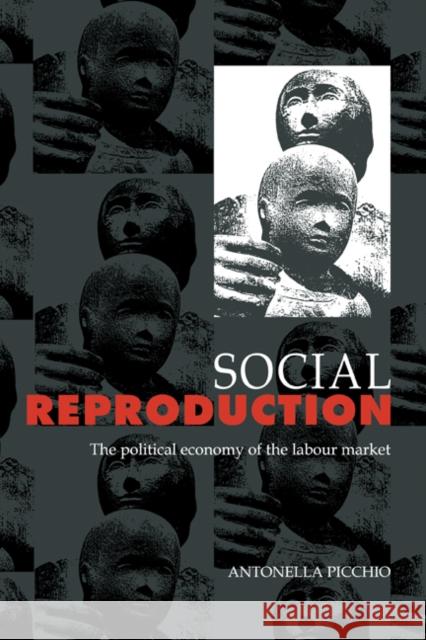Social Reproduction » książka
Social Reproduction
ISBN-13: 9780521418720 / Angielski / Twarda / 1992 / 208 str.
An important characteristic of labour which distinguishes it from capital is that it bears the costs of its own sustenance, the extent to which it does so varying with different institutional arrangements. Economic theory has generally overlooked this, one consequence being that it has negelected the distinctive role played by women. This book traces the deepening insensitivity of post-classical economic theory to this issue, taking the 1834 Poor Law and the reassessment of it in 1909 as illustrations of the social implications of this theoretical inadequacy. These examples reveal the general remoteness of housewives from market discipline, and the need for state intervention to offer them support. This book is a contribution to the development of a social-policy relevant theory of the labour market.











